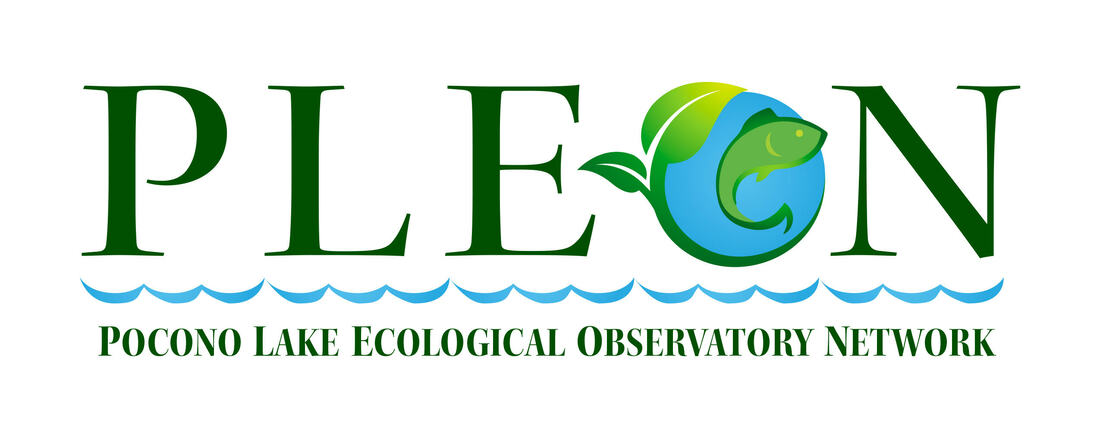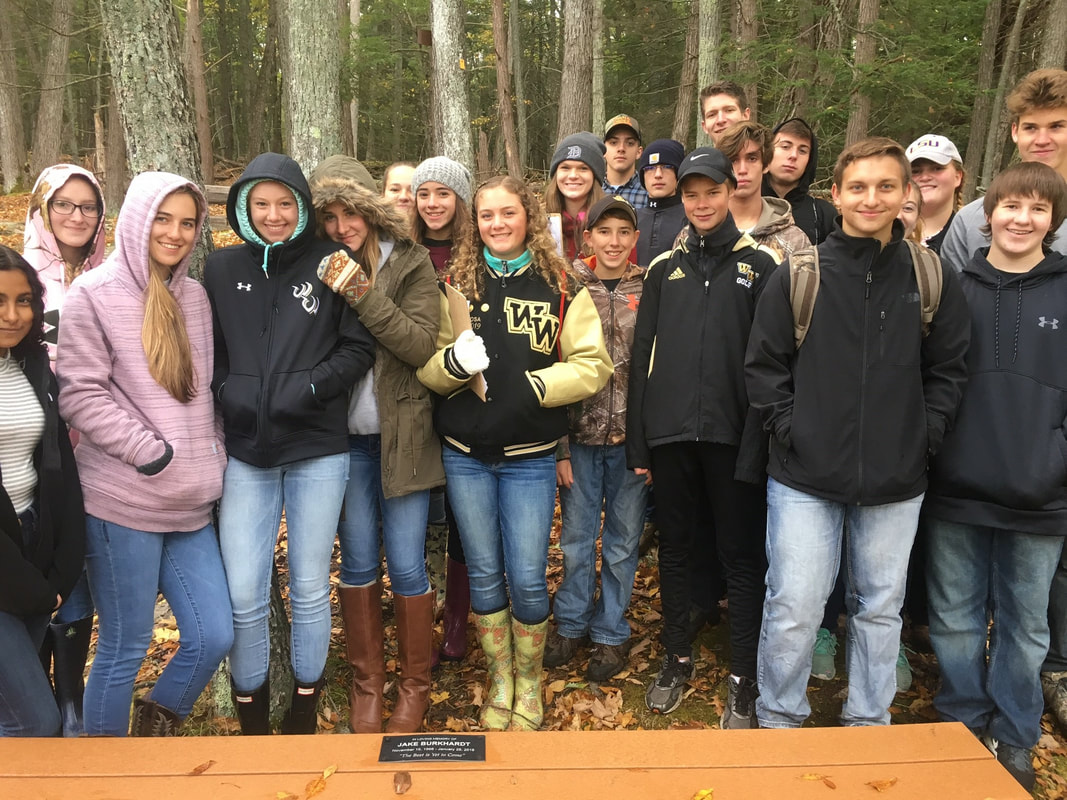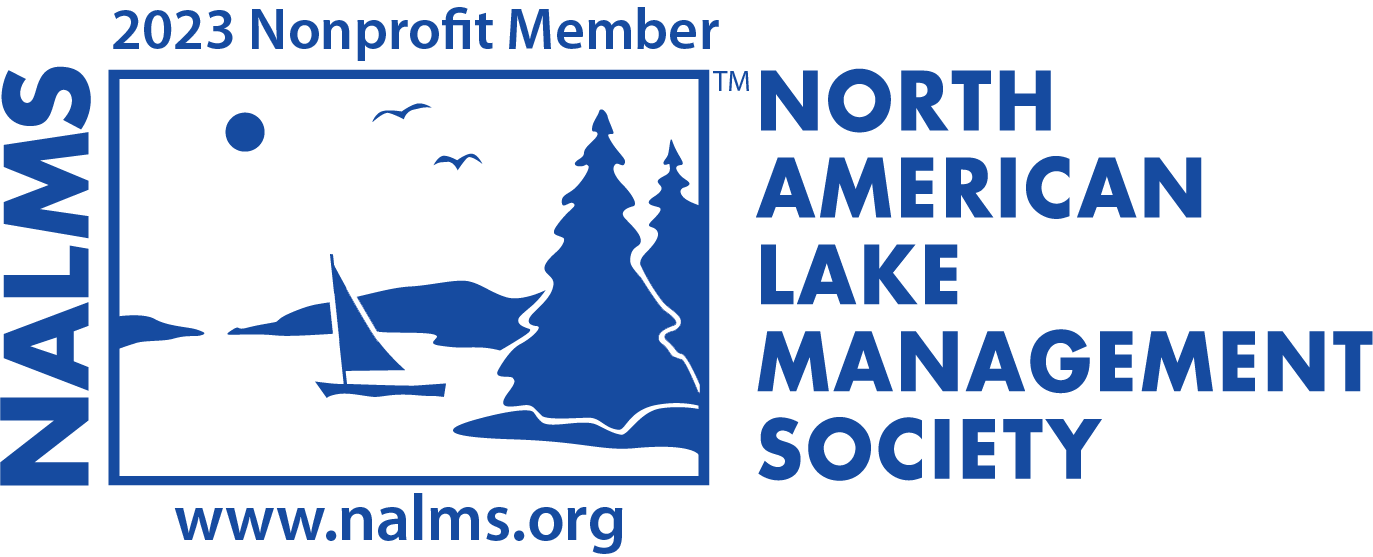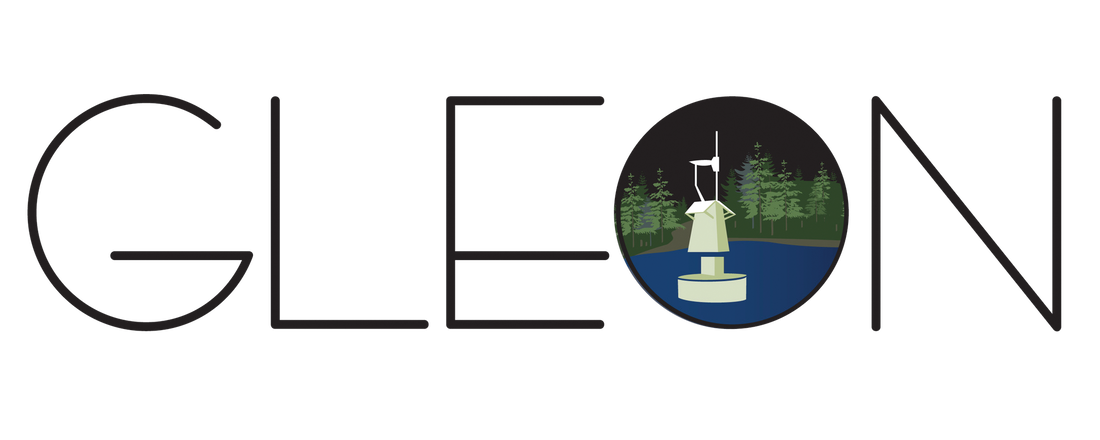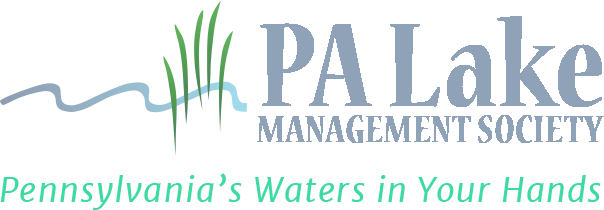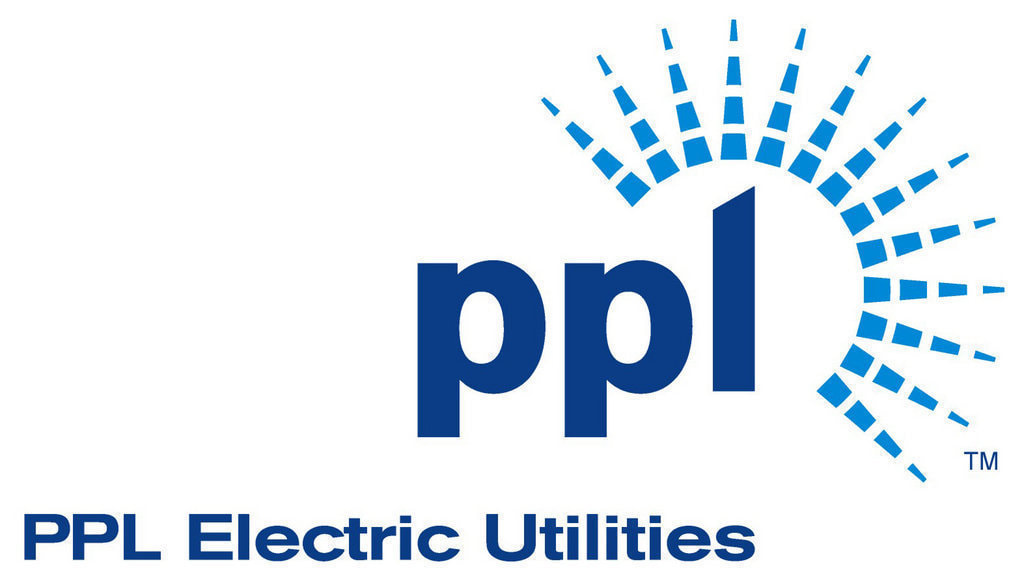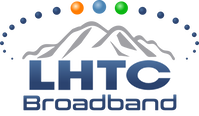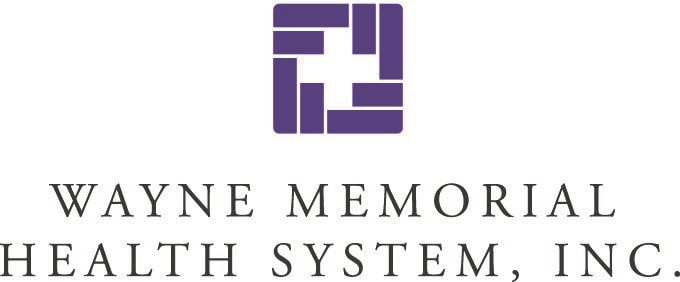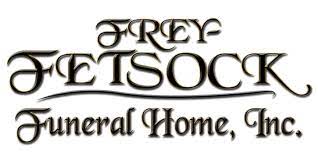Lacawac Sanctuary’s mission is to educate the next generation of environmental stewards and scientists and strengthen academic achievement by providing hands-on, indoor and outdoor STEM (Science Technology Engineering and Math)education programs for Preschool-12th grade students.
For more than 50 plus years Lacawac Sanctuary Field Station and Environmental Education Center has inspired a love for nature and ecology among families, researchers, and students throughout Pennsylvania and beyond. Lacawac offers signature programs throughout the year including: PLEON (Pocono Lakes Ecological Observatory Network) and K-12 Education Programs.
What is PLEON?
The Pocono Lake Ecological Observatory Network is a regional lake monitoring program focused on educating the public and lake associations on water quality and lake management.
Why PLEON? Lakes are ecological treasures that form the economic backbone of tourism in the Pocono region. They provide both recreational enjoyment as well as critical habitat for a variety of wildlife, including plants and animals.
Lakes are complex ecosystems, and effective management requires good data as well as an understanding of the physical, chemical, and biological characteristics of lakes and their surrounding catchments.
Despite their aesthetic, recreational, and environmental importance, we know little about water quality in our Pocono lakes. Neither the state nor regional counties offer regular surveys to provide data essential for good management of these complex ecosystems. Increasing concerns about harmful algal blooms throughout the region make responsible lake management of central importance to the health of these ecosystems and the people, pets, and wildlife that depend on them.
PLEON works to accomplish the following: Empower the public to better understand and manage their fresh waters; cCreate a community of scientists, students, environmental educators, and landowners to work together in improving the ecological state of Pennsylvania’s lake ecosystems and complement a traditional lake consultant by providing ongoing monitoring data on lakes and ensuring that land owners fully understand the advantages and limitations of different lake management approaches
Nature-Based STEM Education
Direct experiences with nature provide relevant learning that equips students with critical thinking, creative approaches, and problem-solving skills.
WHY STEM? STEM (Science, Technology, Engineering and Math) education is an interdisciplinary and inquiry-based method of learning. It goes beyond the mere transfer of knowledge; it creates connections between school learning, the community, and the world beyond.
Lacawac delivers STEM programs that utilize nature as the foundation of learning. When nature-based curriculum is used, students are three times more likely to find the material interesting and create lasting memories.
Both nationally and in Pennsylvania, the focus has been to increase STEM proficiency at the high school and post-secondary levels. As Lacawac works with school districts in our region, we see a need to direct effective STEM resources all the way down through elementary school. Grades K-5 are a critical period in which student interest can either be deeply engaged or lost in respect to science and technology. Students who have positive experiences through high-quality science teaching and who have opportunities to participate in hands-on science are the ones most likely to pursue STEM paths.
Lacawac strives each year to take our inquiry-based science programs to the next level, transforming the way teachers teach and students learn environmental education.
Field trips are available to public and private schools, scouts, day care centers, home school groups, and after school programs as part of the YES (Youth Engaging Science) Program. Trained environmental educators lead each class/group on trails through diverse habitats as students participate in hands-on, minds-on activities. Each program connects the ecological research conducted at the field station with age appropriate activities. All environmental education field trip programs are aligned to Pennsylvania Department of Education Science Curriculum Framework with a focus on STEAM content.
For more information on our PLEON Program contact Dr. Beth Norman at [email protected]. To find out more on our nature-based STEM programs, contact Jamie Reeger at [email protected]. Additional information can be found at Lacawac.org.
For more than 50 plus years Lacawac Sanctuary Field Station and Environmental Education Center has inspired a love for nature and ecology among families, researchers, and students throughout Pennsylvania and beyond. Lacawac offers signature programs throughout the year including: PLEON (Pocono Lakes Ecological Observatory Network) and K-12 Education Programs.
What is PLEON?
The Pocono Lake Ecological Observatory Network is a regional lake monitoring program focused on educating the public and lake associations on water quality and lake management.
Why PLEON? Lakes are ecological treasures that form the economic backbone of tourism in the Pocono region. They provide both recreational enjoyment as well as critical habitat for a variety of wildlife, including plants and animals.
Lakes are complex ecosystems, and effective management requires good data as well as an understanding of the physical, chemical, and biological characteristics of lakes and their surrounding catchments.
Despite their aesthetic, recreational, and environmental importance, we know little about water quality in our Pocono lakes. Neither the state nor regional counties offer regular surveys to provide data essential for good management of these complex ecosystems. Increasing concerns about harmful algal blooms throughout the region make responsible lake management of central importance to the health of these ecosystems and the people, pets, and wildlife that depend on them.
PLEON works to accomplish the following: Empower the public to better understand and manage their fresh waters; cCreate a community of scientists, students, environmental educators, and landowners to work together in improving the ecological state of Pennsylvania’s lake ecosystems and complement a traditional lake consultant by providing ongoing monitoring data on lakes and ensuring that land owners fully understand the advantages and limitations of different lake management approaches
Nature-Based STEM Education
Direct experiences with nature provide relevant learning that equips students with critical thinking, creative approaches, and problem-solving skills.
WHY STEM? STEM (Science, Technology, Engineering and Math) education is an interdisciplinary and inquiry-based method of learning. It goes beyond the mere transfer of knowledge; it creates connections between school learning, the community, and the world beyond.
Lacawac delivers STEM programs that utilize nature as the foundation of learning. When nature-based curriculum is used, students are three times more likely to find the material interesting and create lasting memories.
Both nationally and in Pennsylvania, the focus has been to increase STEM proficiency at the high school and post-secondary levels. As Lacawac works with school districts in our region, we see a need to direct effective STEM resources all the way down through elementary school. Grades K-5 are a critical period in which student interest can either be deeply engaged or lost in respect to science and technology. Students who have positive experiences through high-quality science teaching and who have opportunities to participate in hands-on science are the ones most likely to pursue STEM paths.
Lacawac strives each year to take our inquiry-based science programs to the next level, transforming the way teachers teach and students learn environmental education.
Field trips are available to public and private schools, scouts, day care centers, home school groups, and after school programs as part of the YES (Youth Engaging Science) Program. Trained environmental educators lead each class/group on trails through diverse habitats as students participate in hands-on, minds-on activities. Each program connects the ecological research conducted at the field station with age appropriate activities. All environmental education field trip programs are aligned to Pennsylvania Department of Education Science Curriculum Framework with a focus on STEAM content.
For more information on our PLEON Program contact Dr. Beth Norman at [email protected]. To find out more on our nature-based STEM programs, contact Jamie Reeger at [email protected]. Additional information can be found at Lacawac.org.

